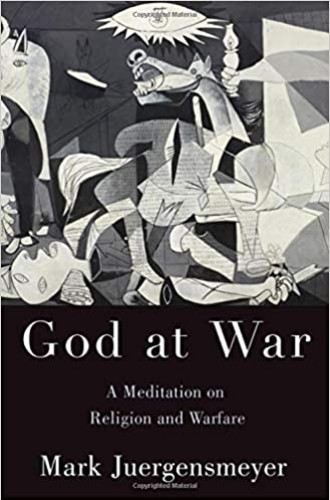Since 9/11, a veritable industry has arisen in the academy seeking to explain “religious violence.” A new journal, Journal of Religion and Violence, seeks to study the topic in depth. Hefty reference tomes such as The Blackwell Companion to Religion and Violence (2011) and The Oxford Handbook of Religion and Violence (2015) reflect the trend, as do numerous conferences, courses, and symposia held on the topic.
In some respects, these developments are welcome, fostering engagement with matters undeservedly neglected in the past. But one wonders if the frequently used phrase “religious violence” adequately captures the complex realities being considered. One need not look hard, moreover, to discover that the new interest often stems from the debatable common assumption that religion is somehow inherently violent and must be countermanded by something indiscriminately called secularism.
Since the timely publication of his book Terror in the Mind of God: The Global Rise of Religious Violence (2000), Mark Juergensmeyer, who teaches global studies and sociology at the University of California, Santa Barbara, has been a key player on the academic circuit and a widely sought out expert by newsrooms. In God at War, he summarizes decades of teaching and writing in a book that exquisitely illustrates what is right and wrong with the latest academic trend.





